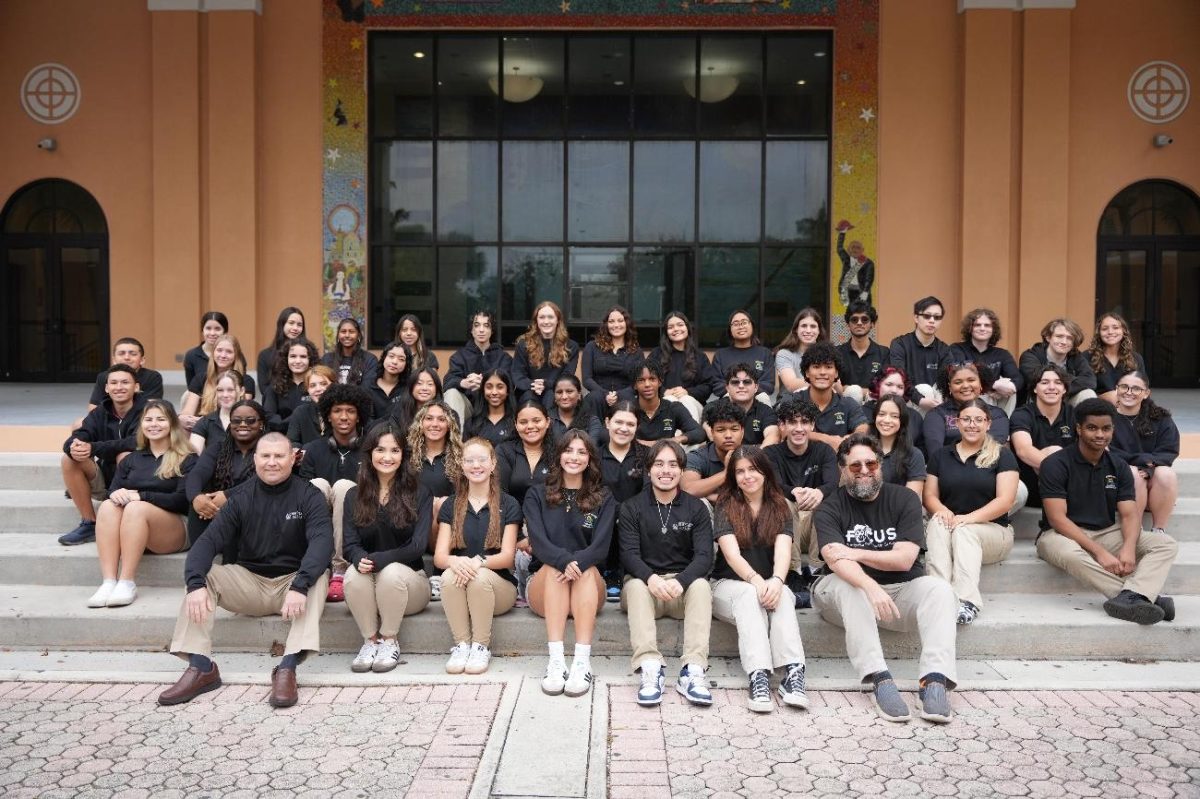China’s Challenging Level: Banning Gamers Charter’s Gamer Perspectives
September 28, 2021
Gamers across the Chinese provinces waved goodbye to their alternate realities: video games. China has banned minors from playing video games during school weeks, reserving just 3 hours of playtime for weekends; one hour is allotted from 8 PM to 9PM on Fridays, Saturdays, and Sundays (and public holidays) to these now “underage” gamers. (Washington Post)
Imagining such a blow to the gaming scene, senior Astrid Villarroel would protest against such regulations. “Video games are a big part of my life!” she exclaims, “I play a game for at least a little bit every single day.” Junior Henry Guzman, another avid gamer, plays video games for about 2 hours each school day. “Video games are how I have fun when I have nothing important to do,” he says. On weekends, Guzman plays for a “decent” amount of time. For him, that equates to 5 hours on Saturday and on Sunday, or roughly 7 hours more than Chinese citizens under the age of 18 are allowed.
The ban, which has been in effect since September 1st, came after previous restrictions set in 2019 limiting gamers to 90 minutes of playtime during the week. China’s reasoning? Nearsightedness, addiction, and all the physical and mental health issues that come along with them. (Washington Post)
Sophomore Isabella Duran compares video games to cell phones. “Like phones, video games are addicting and can take away from the things that are most important,” she states. To her, education is one of these things. “Less video games might actually be better for young people in China. Instead of gaming, kids can be doing their homework to improve their academics.”
However in Astrid’s mind, gaming is seen as an opportunity for freedom. “Video games allow people to de-stress and improve their mental health,” she says. In China’s already rigorous and competitive education system, this may be the case for many teens.
Henry expressed similar sentiments saying that “Gaming hasn’t affected my mental or physical health.” But for sophomore Zoe Wilson, it has. After using her phone excessively, she could personally see the reasoning behind the ban. “My eyes got really bad because I was on my phone too often,” she expresses. “I can’t imagine how people manage with video games.” Contrary to periodically checking phones, gaming sessions are often carried out in one prolonged sitting; the eyes of minors–which are not fully developed–are glued to their screens for multiple hours at a time. Thus, increasing the potential for long term health complications. This concern used to be the case in China, so authorities cracked down on it.
Given the novelty of the ban, the overall impact of the ban is not yet certain. Some young gamers in China resent the ban, while many Chinese scientists and officials believe it was a smart move.
Here at home, students are also split. However, Astrid speaks for all students when she says “If something makes you happy, you should be allowed to do that thing as you please.” As inspiring as that may be, elders do stress the importance of handling everything in moderation. The seemingly harsh ban–to us Americans at least–can teach us a lesson: too much of anything is good for nothing.
















































![Varsity Volleyball Senior Abigail Reyolds [left] standing alongside her fellow teammate and captain of the team Senior Sophia Peterseil before their game.](https://ppchsnews.com/wp-content/uploads/2025/10/ABBY-AND-SOPHIA-COVER-1200x673.jpg)



















Rodney Toady • Nov 7, 2021 at 8:32 PM
This ban actually only applies to online games. If you’re playing offline, it doesn’t affect you.